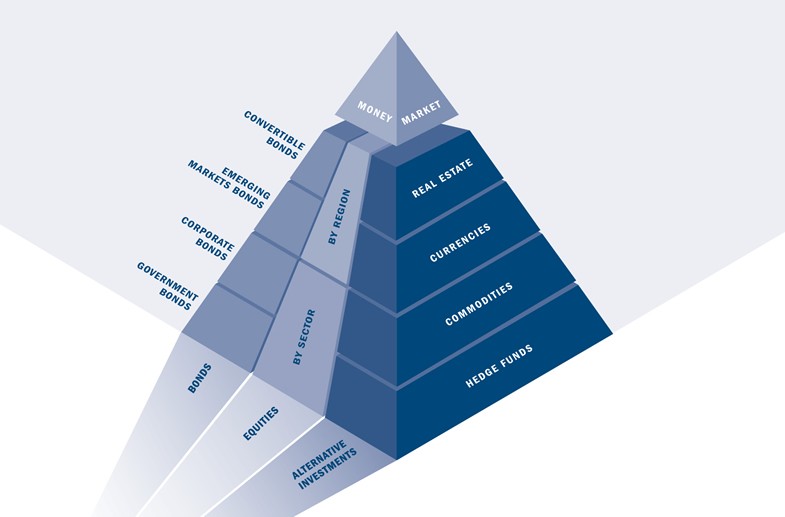Investment Philosophy
Post on: 16 Март, 2015 No Comment

Ricks investment philosophy is based on years of research, and his direct experience working with clients all over the country. His research supports his belief that investing to capture market-level returns at the lowest possible cost will help you meet your long-term financial goals and create more wealth. This approach means keeping more of your money invested by using low-cost investment products like index funds and exchange-traded funds (ETFs) while paying low fees for investment management and advice.
It is an approach that was influenced by his experience working at two Wall Street firms. Having spent his formative years as a financial consultant at Kidder, Peabody & Co. and SmithBarney, Rick was struck by the gap between the performance of the average investors investment portfolio performance and the stock and bond markets performance as a whole. He realized that the objectives of the financial services industry to profit from commissions, high fees and hidden expenses were not aligned with the individual investors goals to increase wealth and save for retirement.
It was also around this time that Rick discovered that most financial professionals were misleading and unreliable, resulting in mediocre investment performance for their clients. The idea that an investor can beat the market by paying a self-proclaimed market guru or investment advisor to make bets on individual securities or managers is a myth. The truth, as John C. Bogle, founder of the Vanguard Group of mutual funds explained, is exactly the opposite. The more you pay for investment advice and products, the lower your expected return. This is especially true when you consider the fees, commissions, timing issues and investment selection errors. You dont need to beat the markets when you can match the markets.
The way to match the stock and bond market returns is to keep investment costs as low as possible including the fees paid to an investment advisor. Based on this principle, Rick maintains that a passive management approach utilizing low-cost index funds will help you acheive the returns of the stock and bond markets. These low-cost, non-speculative mutual funds follow the markets return, outperforming many high-cost, actively managed portfolios in the long-term.
Aside from cost, the difference between an actively and a passively managed portfolio lies in investment expectations. Active portfolio management embraces the idea that a person can achieve superior returns over market indices through market timing, tactical asset allocation and selection. Many investors spend a considerable amount of time and money unsuccessfully chasing hot stocks in pursuit of superior returns. However, investing actively carries significant risks in not meeting your financial goals and often results in below-average investment performance in the long run. Passive investment management, which aims to match the returns of the financial markets, is a more efficient and pragmatic strategy.
Researching and Investing
Rick has based his investment philosophy on his own research and that of John Bogle. He continually monitors and evaluates the latest trends relating to index funds, ETFs, portfolio management and investment strategy, which he shares in his books, blog and speaking engagements. The lessons of his research guide his work with Portfolio Solutions. the unique, low-fee investment management firm he founded in 1999.
Currently, Portfolio Solutions manages more than $1.3 billion in assets* for individual clients using Ricks low-cost investment principles and research. For a small annual fee (0.37%**, unlike other firms charging 1.00%), the firm will implement and maintain an efficient, passively managed investment portfolio at the least amount of risk that is required to meet your financial goals.
*As of 02/27/2015
**Portfolio Solutions charges a management fee of 0.37% for the first $3 million in assets under management, and 0.20% for assets greater than $3 million. For accounts with less than $1 million in assets under management, a $925 quarterly fee is charged in lieu of the 0.37% management fee.














